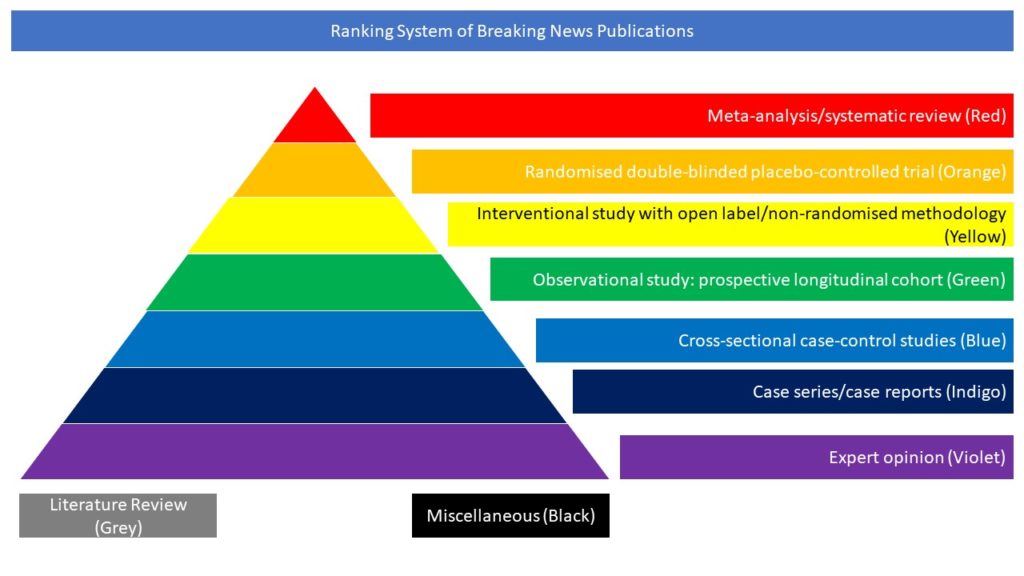Case series/case reports (Indigo)
Some studies have shown that air pollution, often assessed by thin particulate matter with diameter below 2.5 µg/m3 (PM2.5), may contribute to severe COVID-19 courses, as well as play a role in the onset and evolution of multiple sclerosis (MS). However, the impact of air pollution on COVID-19 has never been explored specifically amongst patients with MS (PwMS). This retrospective observational study aims to explore associations between PM2.5 and COVID-19 severity amongst PwMS. Data were retrieved from an Italian web-based platform (MuSC-19) which includes PwMS with COVID-19. PM2.5 2016–2018 average concentrations were provided by the Copernicus Atmospheric Monitoring Service. Italian patients inserted in the platform from 15 January 2020 to 9 April 2021 with a COVID-19 positive test were included. Ordered logistic regression models were used to study associations between PM2.5 and COVID-19 severity. In all, 1087 patients, of whom 13% required hospitalization and 2% were admitted to an intensive care unit or died, were included. Based on the multivariate analysis, higher concentrations of PM2.5 increased the risk of worse COVID-19 course (odds ratio 1.90; p = 0.009). Even if several other factors explain the unfavourable course of COVID-19 in PwMS, the role of air pollutants must be considered and further investigated.
Bergamaschi R, Ponzano M, Schiavetti I, Carmisciano L, Cordioli C, Filippi M, Radaelli M, Immovilli P, Capobianco M, De Rossi N, Brichetto G, Cocco E, Scandellari C, Cavalla P, Pesci I, Zito A, Confalonieri P, Marfia GA, Perini P, Inglese M, Trojano M, Brescia Morra V, Pisoni E, Tedeschi G, Comi G, Battaglia MA, Patti F, Salvetti M, Sormani MP; MuSC-19 study group. The effect of air pollution on COVID-19 severity in a sample of patients with multiple sclerosis. Eur J Neurol. 2021 Nov 4. doi: 10.1111/ene.15167.










